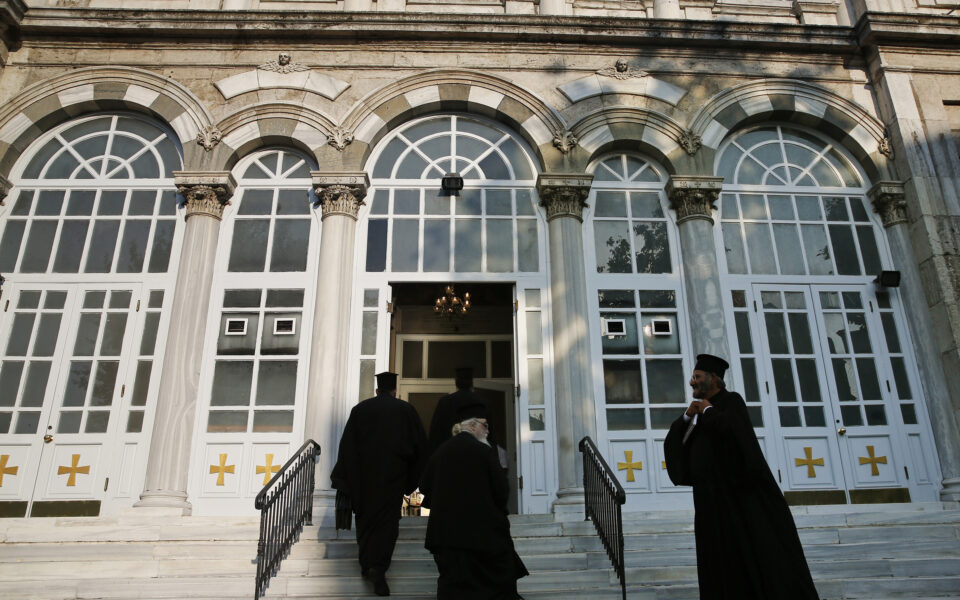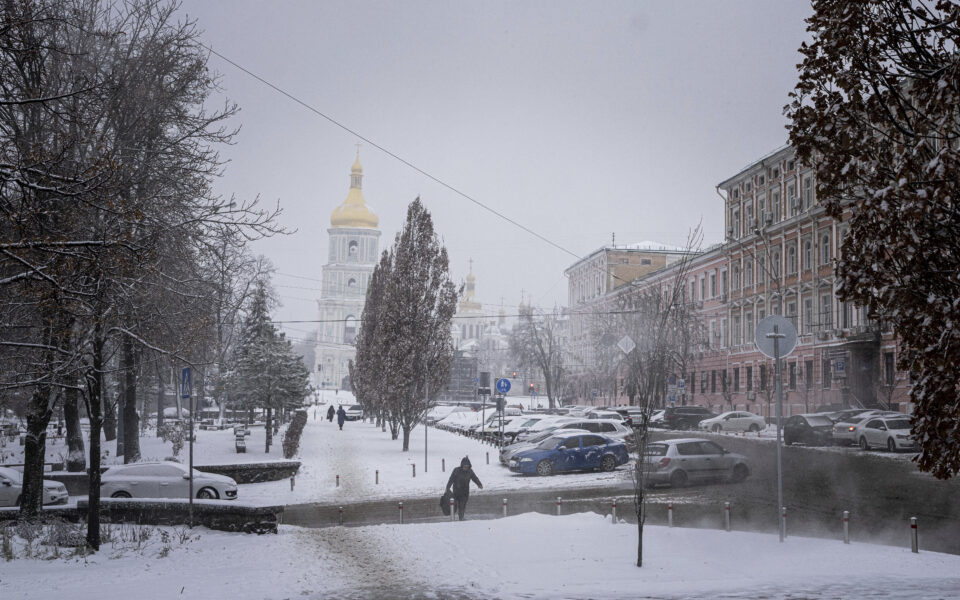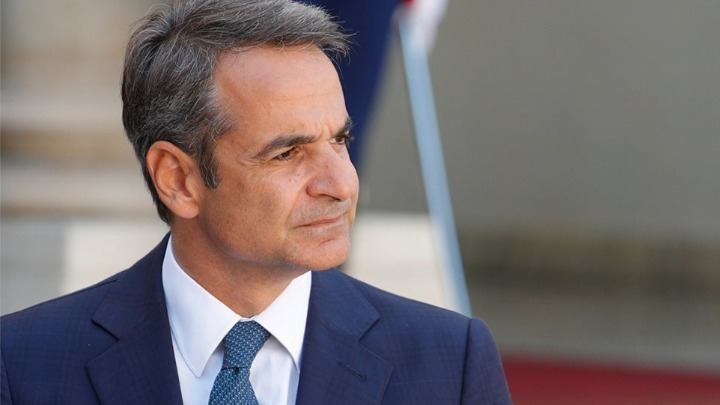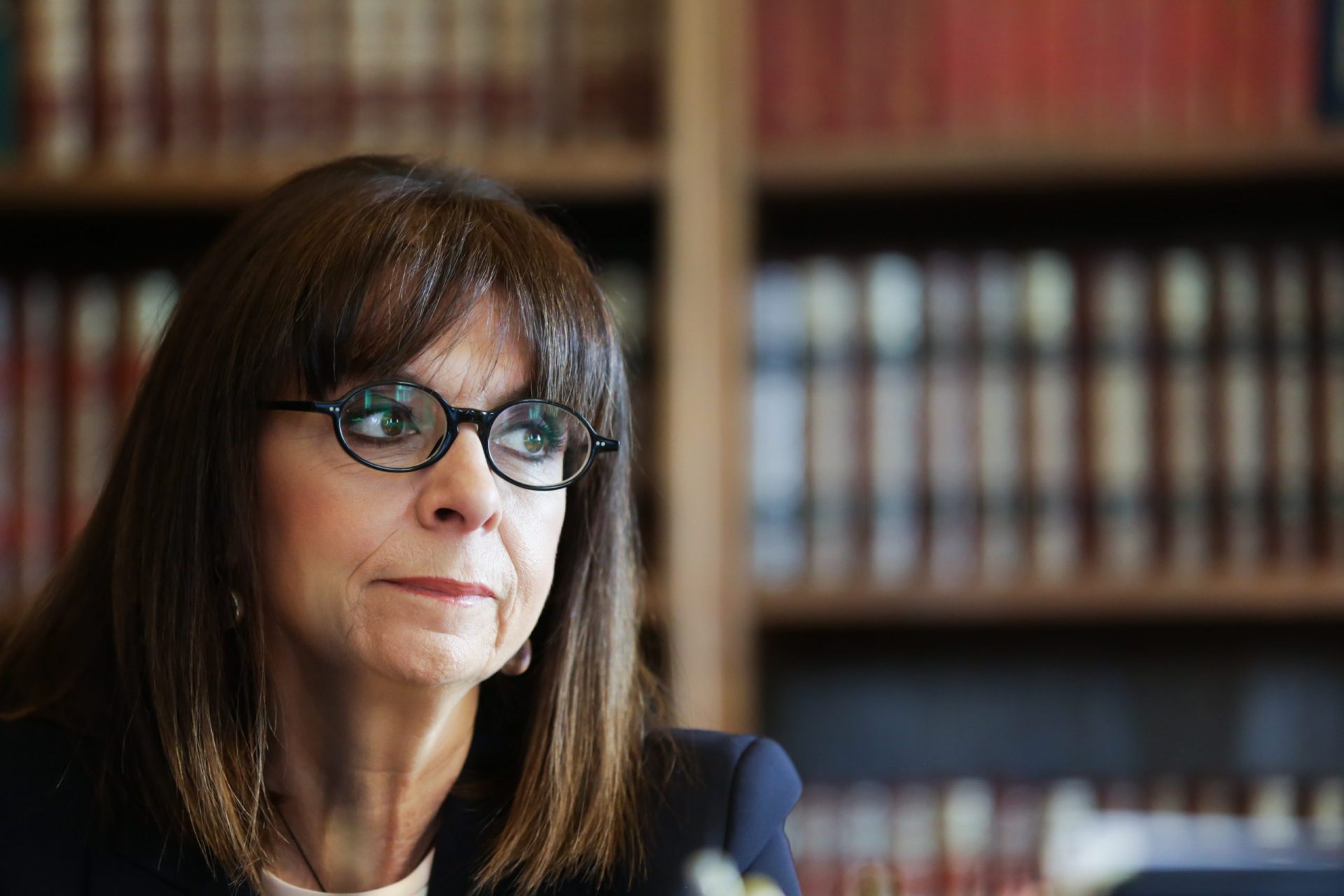Millions vote in European Parliament election, set for shift to the right
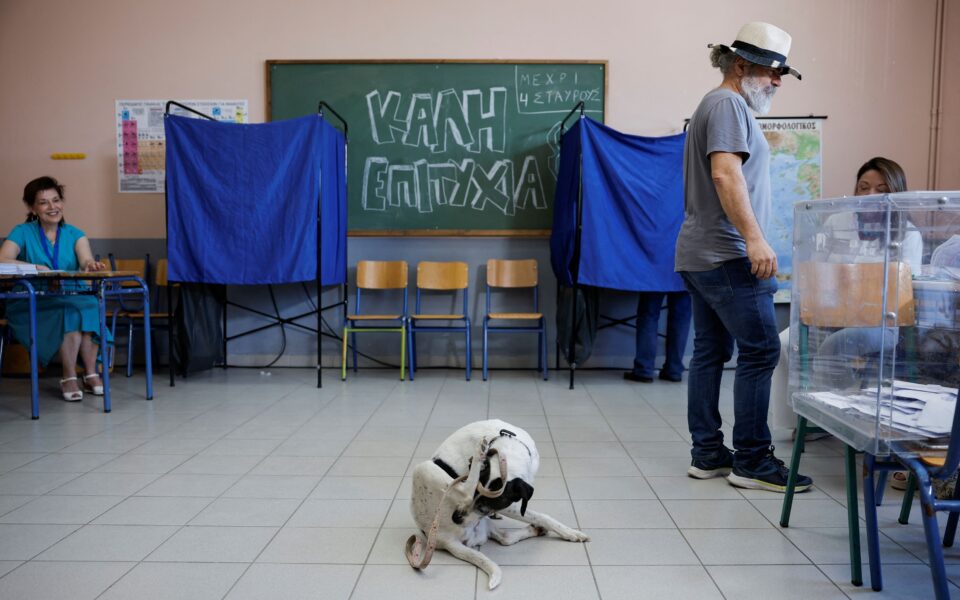

Voters across Europe cast their ballots on Sunday in an election for the European Parliament that is likely to shift the assembly to the right and boost the numbers of euroskeptic nationalists among its members.
In Austria for instance, the far-right Freedom Party is the likely winner of the ballot, according to a poll based on surveys carried out over the past week and published as voting there closed on Sunday evening.
The European Parliament’s expected move to the right means the assembly may be less enthusiastic on policies to address climate change while eager on measures to limit immigration to the EU, a bloc of 450 million citizens.
The parliament could also be more fragmented, which would make adopting any measure trickier and slower as the EU confronts challenges including a hostile Russia and increased industrial rivalry from China and the United States.
“I don’t always agree with the decisions that Europe takes,” 89-year-old retiree Paule Richard said after voting in Paris. “But I still hope that there will be a reckoning in all European countries, so that Europe can be a unified bloc and look in the same direction.”
Voting began on Thursday in the Netherlands and in other countries on Friday and Saturday, but the bulk of EU votes will be cast on Sunday, with France, Germany, Poland, Spain and Greece opening their polls and Italy holding a second day of voting.
The European Parliament votes legislation that is key for citizens and businesses in the 27-nation EU.
But for many years, voters across the bloc have complained that EU decision-making is complex, distant and disconnected from daily realities, which explains often low turnout in EU elections.
“People don’t know who really has the power, between the Commission and Parliament,” another French voter, Emmanuel, said in a northern Paris polling station. “And it’s true that it raises questions and breeds mistrust which today might not exist if things were clearer,” the 34-year old programmer said.
The center-right European People’s Party (EPP) is projected in opinion polls to remain the European Parliament’s largest group, putting its candidate to head the European Commission, incumbent Ursula von der Leyen of Germany, in pole position for a second term.
However, she may need support from some right-wing nationalists, such as Italian Prime Minister Giorgia Meloni’s Brothers of Italy, to secure a parliamentary majority, giving Meloni and allies more leverage.
Latest polls
A projection by Europe Elects pollster on Sunday showed the EPP could gain five seats compared to the last parliament to win a total of 183. The Socialists, who include German Chancellor Olaf Scholz’s party, are seen losing four seats to get 136.
European Greens, facing a backlash from hard-pressed households, farmers and industry over costly EU policies limiting CO2 emissions, look set to be among the big losers with the poll on Sunday giving them only 56 deputies, a loss of 15.
Forecasts for the liberal group Renew Europe are also grim, given the expectation that Marine Le Pen’s far-right Rassemblement National will trounce French President Emmanuel Macron’s centrist Renaissance in France.
The Sunday poll put the Renew group’s losses at 13 seats, forecasting it will end up with 89.
In contrast, the poll said the national-conservative ECR was likely to get five more deputies for a total of 73 and the far-right ID group could get eight more seats for a total of 67.
More deputies could join the right and far-right groups from among the so far non-affiliated deputies of whom there would be 79, the poll said.
Right turn
Many voters have been hit by the cost of living, have concerns about migration and the cost of the green transition and are disturbed by geopolitical tensions, including war in Ukraine.
Hard and far-right parties have seized on this and offered the electorate an alternative.
“Whoever believes that we need a change of course and that things can be done much better in Brussels has only one alternative, which is Vox,” the leading candidate for the far-right Spanish party, Jorge Buxade, said after voting in Madrid.
In the Netherlands, exit polls on Thursday showed nationalist Geert Wilders’ anti-immigration party was set to win seven of the 29 Dutch seats in the EU assembly, from zero in 2019, after his large win in last year’s national election.
His Freedom Party will be just one short of the combined seats of a Socialist Democrat-Greens alliance.
In Belgium, voters also elect federal and regional chambers on Sunday and are forecast to back far-right Flemish separatist party Vlaams Belang in record numbers, although it could still be kept from office by other parties.
Source: Reuters

